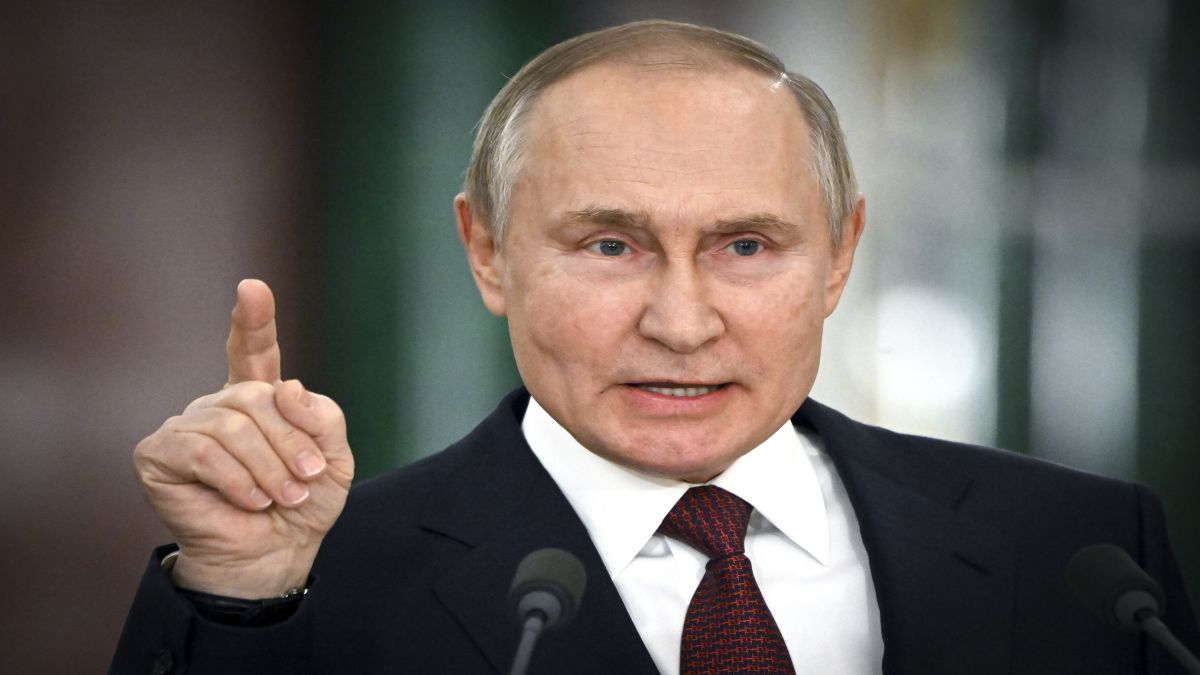Russian President Vladimir Putin has warned Poland against sending troops to Ukraine, saying that any such attempt would lead to further escalation and may end up with a long-term occupation.
In an extensive interview with Russian journalist Dmitry Kiselyov, which is set to be aired by Rossiya 1 TV and RIA Novosti on Wednesday, Putin said “If Polish troops enter the territory of Ukraine to, as they say, secure the Ukrainian-Belarusian border, for example, or in some other places to free up Ukrainian rear military units to participate in hostilities on the frontline, then I think that Polish troops will never leave,” Putin said, according to snippets of the interview.
Poland’s foreign minister said last week that the presence of NATO forces “is not unthinkable” and that he appreciates the French president for not ruling out that idea.
Radek Sikorski observed a discussion marking the 25th anniversary of Poland’s accession to NATO in the Polish parliament Friday, and the Foreign Ministry tweeted the comments later in English.
They reflect a larger European debate over how to help Ukraine as Russia has gained some momentum on the battlefield and Kyiv is running low on ammunition. The U.S. Congress is withholding aid that Ukraine says it critically needs to hold off the Russians, putting more pressure on Europe to respond to the war that has shattered peace on the continent.
Last month French President Emmanuel Macron said the possibility of Western troops being sent to Ukraine could not be ruled out, a comment that broke a taboo among allies and prompted an outcry from other leaders. French officials later sought to clarify Macron’s remarks and tamp down the backlash, while insisting on the need to send a clear signal to Russia that it cannot win its war in Ukraine.
Impact Shorts
More ShortsHowever, The Kremlin has warned that if NATO sends combat troops, a direct conflict between the alliance and Russia would be inevitable. Russian President Vladimir Putin said such a move would risk a global nuclear conflict.
Poland is a member of NATO along the alliance’s eastern flank, with Ukraine across its eastern border. The country has been under Russian control in the past, and fears run high that if Russia wins in Ukraine, it could next target other countries in a region that Moscow views as its sphere of interest.
With inputs from agencies.


)

)
)
)
)
)
)
)
)



